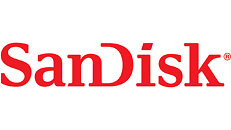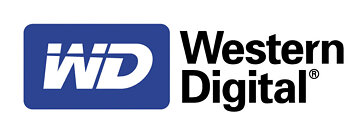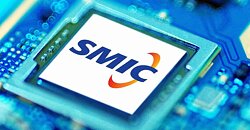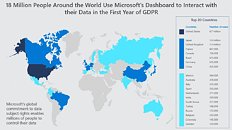
Epic Games Announces $1 Billion Funding Round
Today Epic Games announced that it completed a $1 billion round of funding, which will allow the company to support future growth opportunities. Epic's equity valuation is now $28.7 billion.
This round includes an additional $200M strategic investment from Sony Group Corporation, which builds on the already close relationship between the two companies and reinforces their shared mission to advance the state of the art in technology, entertainment, and socially-connected online services. Other investment partners include Appaloosa, Baillie Gifford, Fidelity Management & Research Company LLC, GIC, funds and accounts advised by T. Rowe Price Associates, Ontario Teachers' Pension Plan Board, funds and accounts managed by BlackRock, Park West, KKR, AllianceBernstein, Altimeter, Franklin Templeton and Luxor Capital. Epic continues to have only a single class of common stock outstanding and CEO Tim Sweeney remains the controlling shareholder of the company.
This round includes an additional $200M strategic investment from Sony Group Corporation, which builds on the already close relationship between the two companies and reinforces their shared mission to advance the state of the art in technology, entertainment, and socially-connected online services. Other investment partners include Appaloosa, Baillie Gifford, Fidelity Management & Research Company LLC, GIC, funds and accounts advised by T. Rowe Price Associates, Ontario Teachers' Pension Plan Board, funds and accounts managed by BlackRock, Park West, KKR, AllianceBernstein, Altimeter, Franklin Templeton and Luxor Capital. Epic continues to have only a single class of common stock outstanding and CEO Tim Sweeney remains the controlling shareholder of the company.












